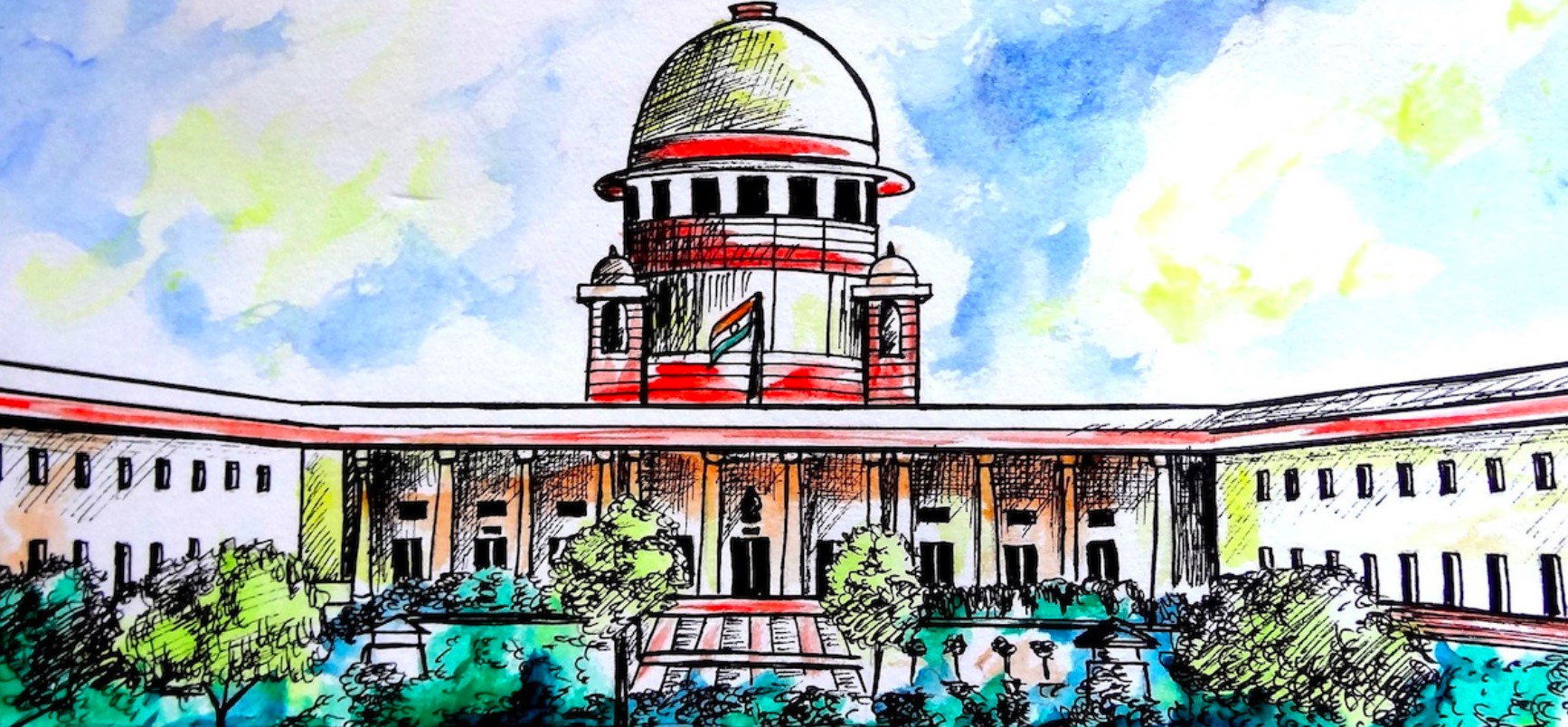


On the case between PAM Developments Private Limited vs. The State of West Bengal & Anr. The Supreme Court passed a judgement clearing the complications of claims and the jurisdiction of courts under the Arbitration and Conciliation Act, 1996.
Background of the Case
The dispute arose from a contract awarded to PAM Developments by the State of West Bengal for the widening and strengthening of the Egra Bajkul road. The project, which was delayed, culminated in an arbitration when the appellant raised claims totaling over Rs. 77 lakhs, citing various heads such as loss of business, uneconomic utilization of machinery, and interest on delayed payments.
The arbitrator, in a detailed award dated January 30, 2018, ruled in favor of PAM Developments, granting a sum of Rs. 1,37,25,252 plus the interest. This was challenged by the State of West Bengal under Section 34 of the Arbitration and Conciliation Act, 1996, leading to a series of appeals and cross-appeals.
Key Claims and Judicial Findings
Labor Charges for Uneconomical Stoppage of Work
Arbitral Award: The arbitrator granted Rs. 5,80,500 based on the Hudson’s formula, reasoning that the appellant had maintained an establishment to execute the work, which was not disputed by the respondent. This was upheld by the District Court but not accepted by the High Court.
Interest on Delayed Payment of Running Account Bills
Arbitral Award: The arbitrator awarded Rs. 54,84,024 as interest on delayed payments, justifying the award based on the principle of compensating the claimant for the loss of capital. This was again upheld by the District Court and then later quashed by the High Court. The Supreme Court finally upheld and restored this claim.
Interest on Awarded Sum
Arbitral Award: The arbitrator granted interest at 12% per annum from the date of breach until the award date and at 9.25% per annum thereafter until payment. High Court's Ruling: The High Court modified this award, disallowing pre-reference interest based on contractual provisions but allowing pendente lite and post-award interest. Supreme Court's View: The Supreme Court affirmed the High Court's decision regarding the prohibition of pre-reference interest, acknowledging that the contract explicitly barred such a claim. Conclusion
Conclusion
The Supreme Court made it clear that the arbitrators may have broad discretions but are obligated to operate within the bounds set by the contract. Courts, particularly under Sections 34 and 37 of the Arbitration Act, have the power to intervene when an arbitrator exceeds this mandate or fails to consider crucial contractual provisions.
TAGS: Supreme Court Arbitration Decision West Bengal Challenge Contractor’s Award